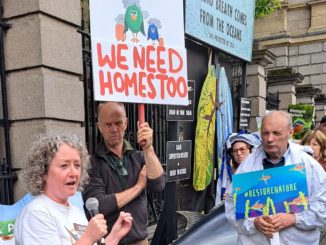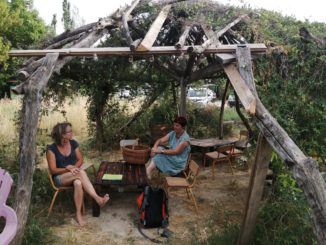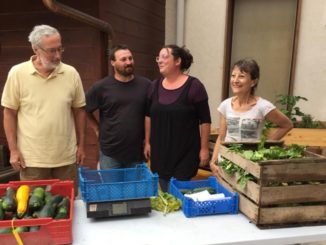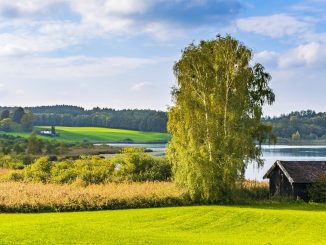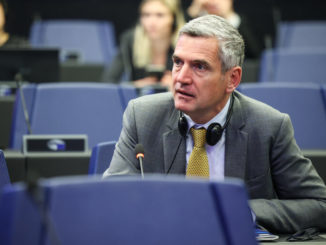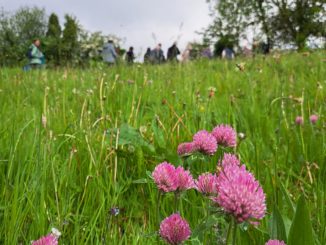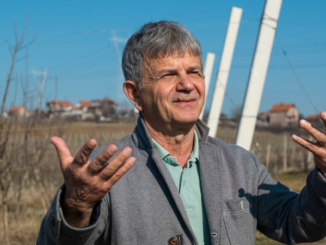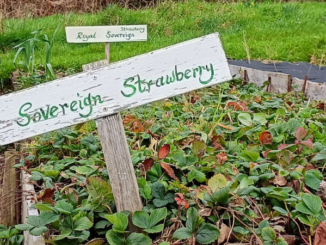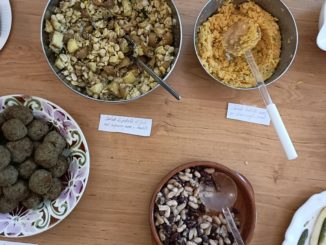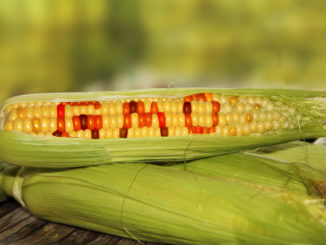
CAP Strategic Plan Denmark: The Art of Bypassing Fairness
The struggle to cap and redistribute direct payments received by the largest landowners, to support smaller farms, thereby enabling a more divers and resilient rurality, has come up against the whole financial system in Denmark. So how did Denmark end up without capping or redistributive payments? And how could the Commission accept such a proposal? […]

